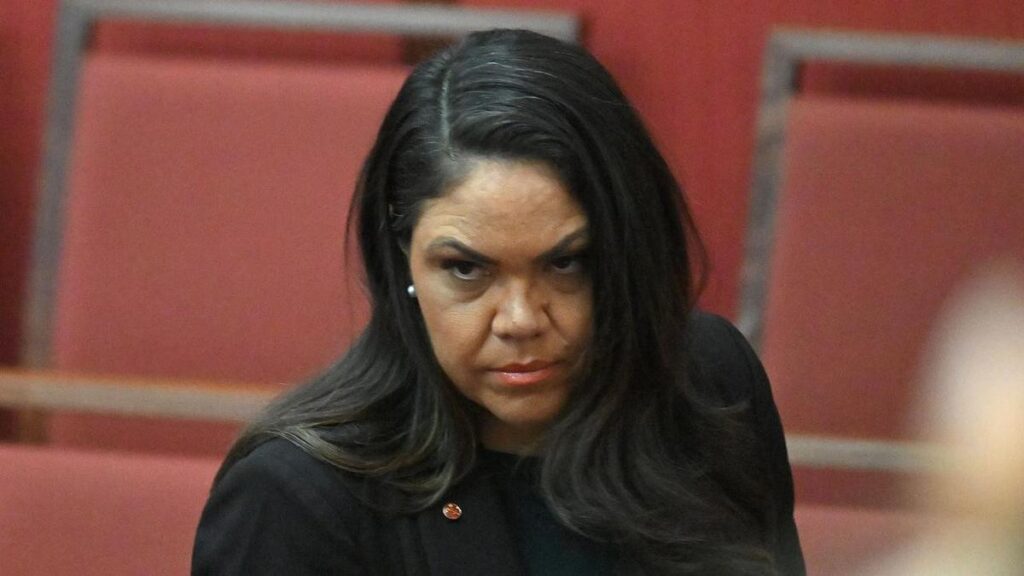
UPDATE: Controversy erupts as NT Senator Jacinta Nampijinpa Price faces backlash over her claim that the Labor government’s migration policy is designed to garner votes by allowing in those who support their policies. Critics are warning that such statements could inflict serious harm on migrant communities.
During a recent interview, Senator Price asserted that the Labor government “allow those in that would support their policies,” specifically targeting the Indian diaspora. This statement has been met with widespread condemnation, with critics arguing it undermines Australia’s non-discriminatory immigration policies.
Harpal Singh, president of the Sikh Association of the Northern Territory, expressed his discontent, stating, “She has taken a dig, but it has lasting impacts. She should at least apologise; people make mistakes, right?” Singh emphasized the unfortunate timing of her remarks, coinciding with violent anti-immigration rallies across Australia. “Just after those protests, saying something like this, it just alienated people from Indian ethnicity,” he added.
Further criticism came from Bharat Desai, a former president of the Indian Cultural Society of the Northern Territory. Desai stated that Senator Price’s comments do not reflect the views of the majority. “I don’t know what motivated her to pick a particular community group,” he said. “Picking on particular groups for political purposes can still cause harm.”
Opposition Leader Sussan Ley also rejected Senator Price’s claims, affirming, “I’m fighting for every single Australian, no matter where you came from, and our Australian Indian community are amazing.” Meanwhile, Multicultural Affairs Minister Anne Aly warned parliament that social cohesion would remain fragile “as long as we treat people with gritted-teeth tolerance instead of mutual respect.”
The Australian government recently forecasted an influx of 185,000 migrants this year, excluding temporary migration such as international students. Senator Price noted that party discussions about this figure are ongoing, stating, “This is an issue that we will form a position on at a later point.”
Migration expert Anna Boucher commented on the shifting landscape of migration politics, saying that voters are increasingly driven by class rather than ethnicity. “When the population is so multicultural, a lot of people are going to take offence at a suggestion that the migration policy is driven by race,” she explained. Boucher also highlighted that migration-based politics might only appeal to a small voter base, predicting that as the population diversifies, such rhetoric will become less acceptable.
As this story continues to develop, the implications of Senator Price’s statements on Australia’s immigration policy and community relations are significant. The urgency of this matter cannot be overstated, and it raises critical questions about the future of multiculturalism in Australia. Stay tuned for the latest updates as officials and communities respond to this unfolding situation.





